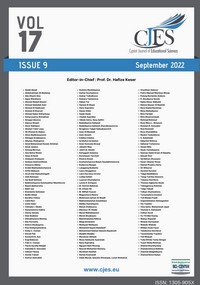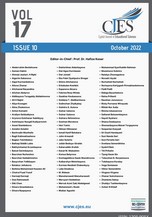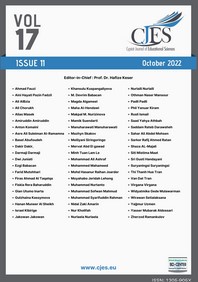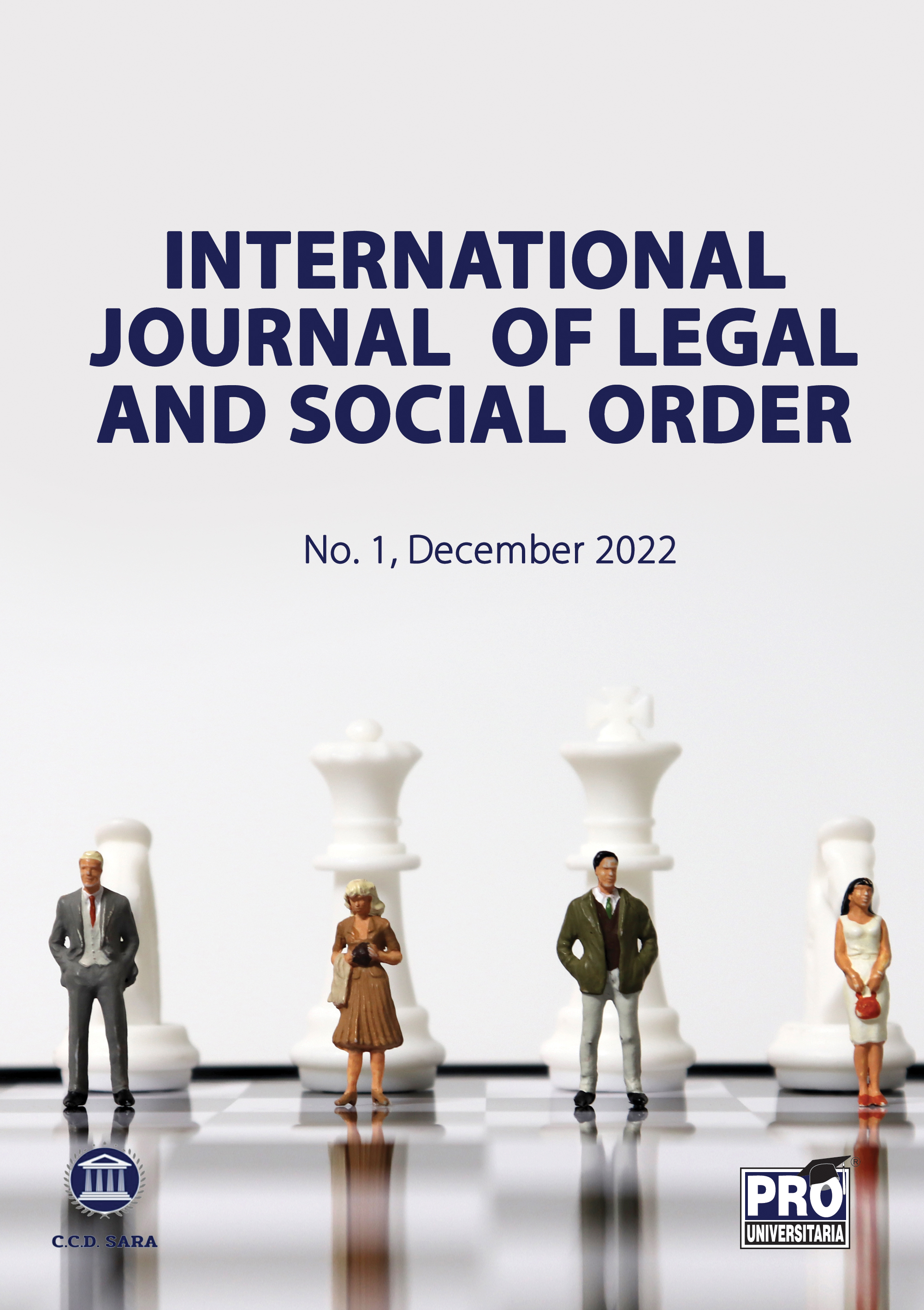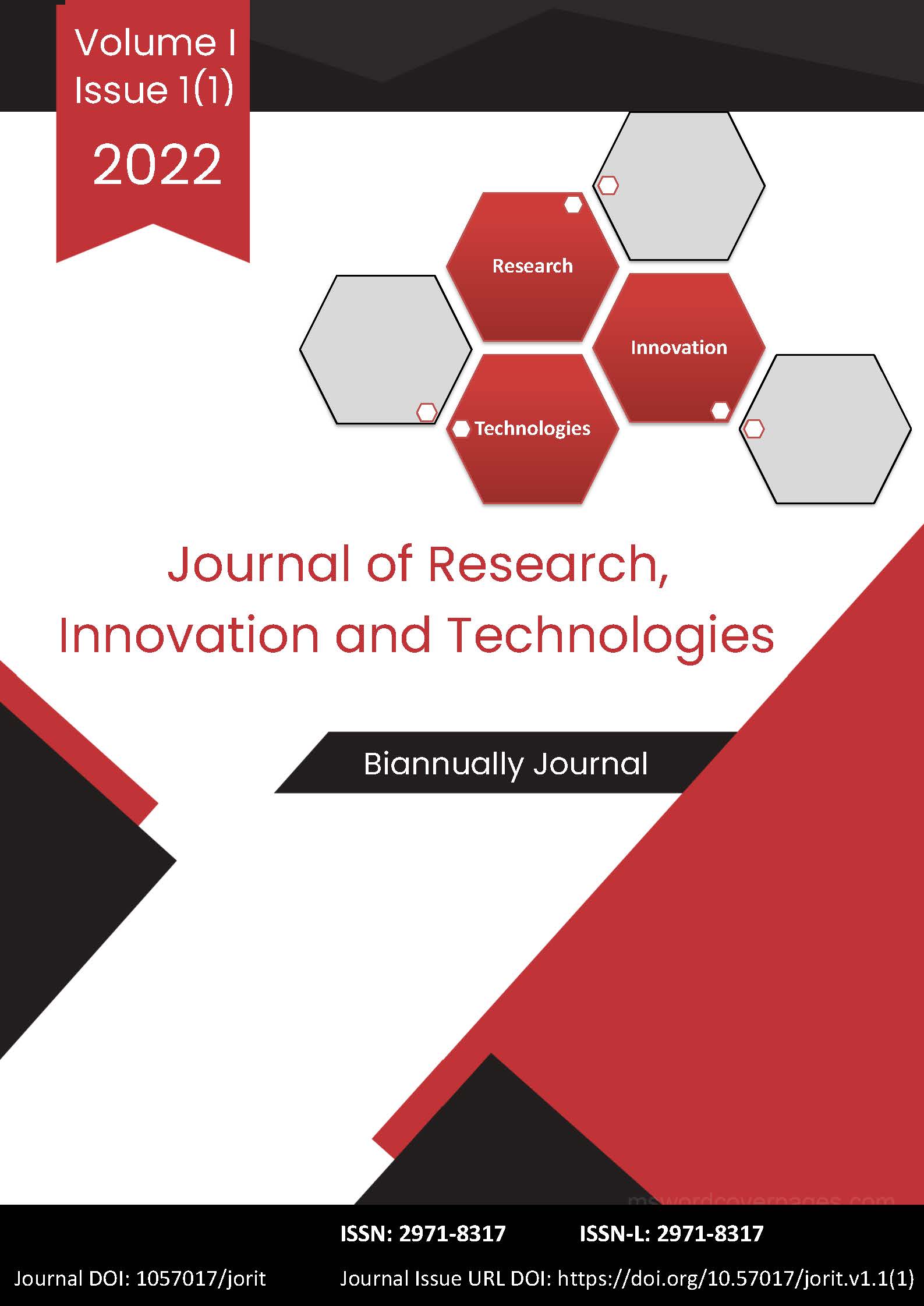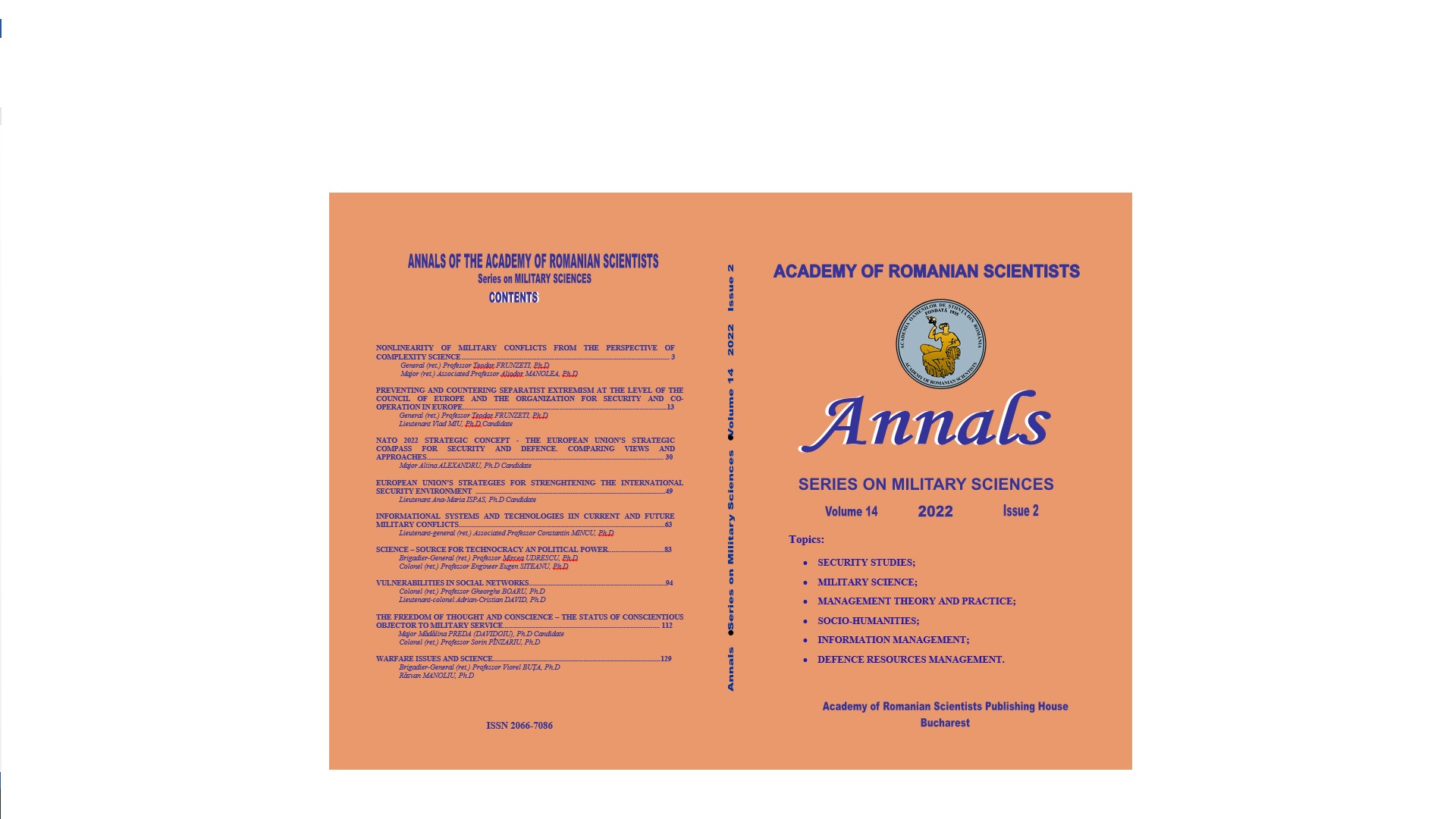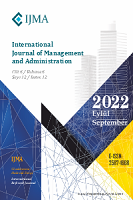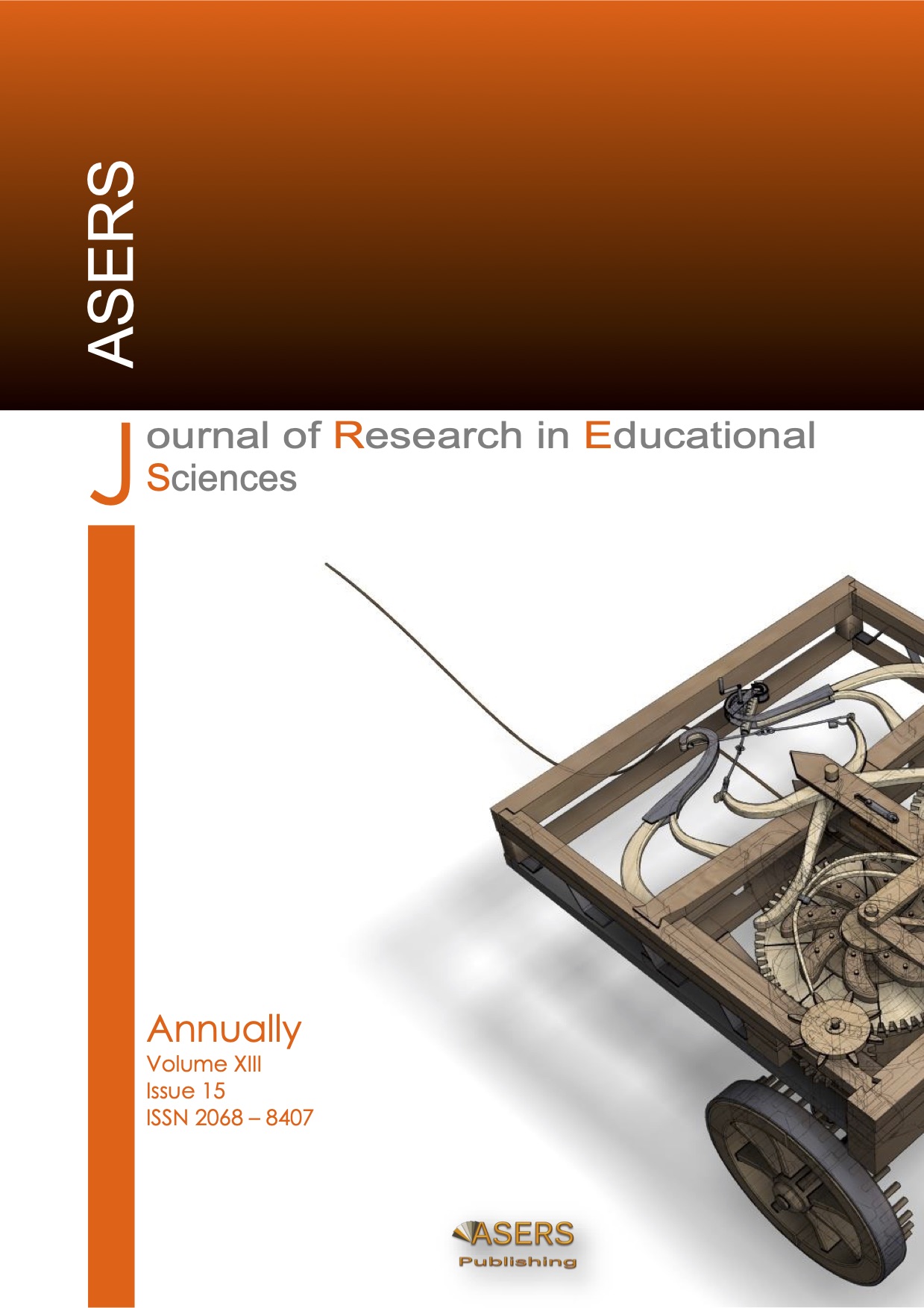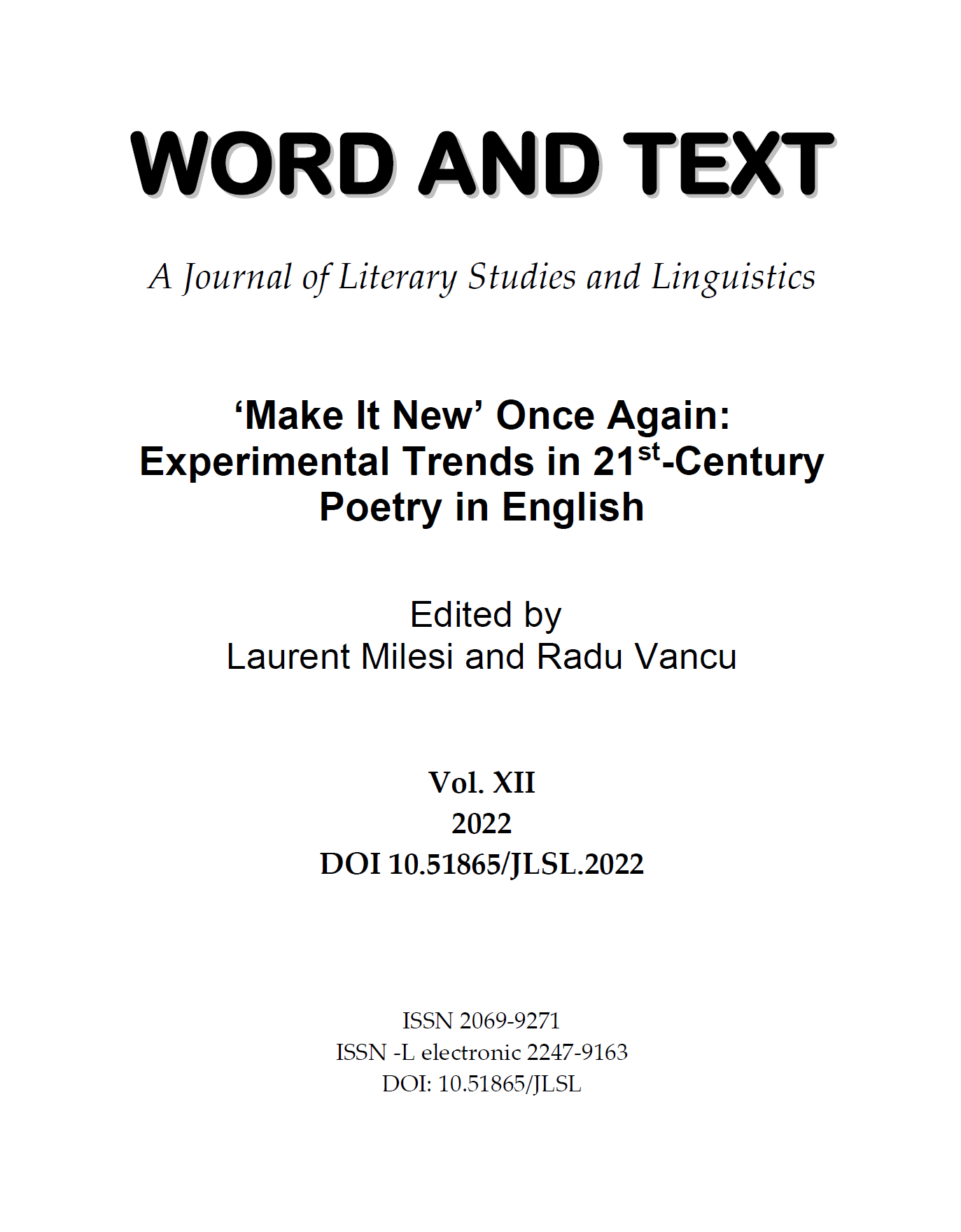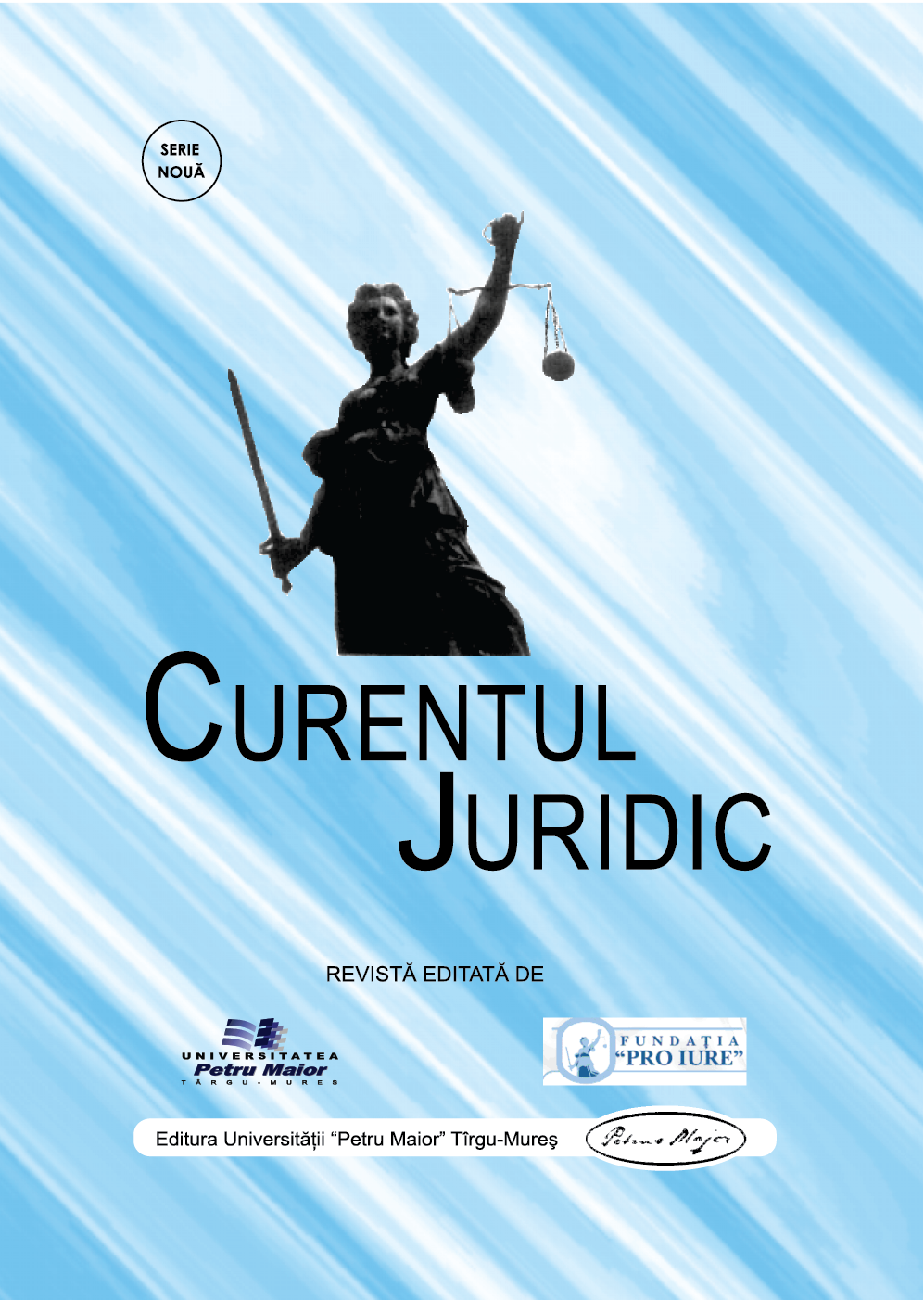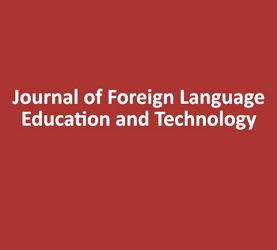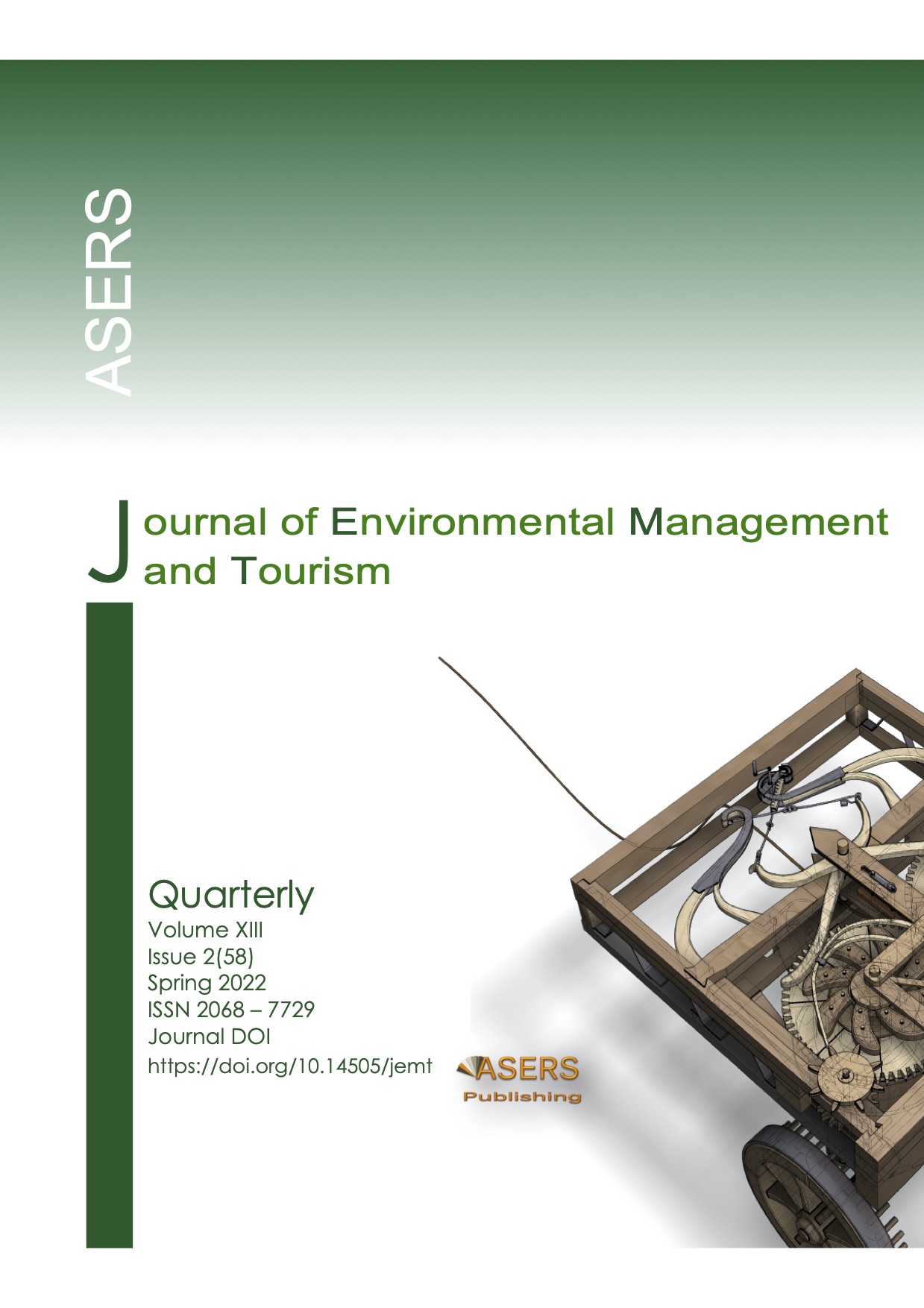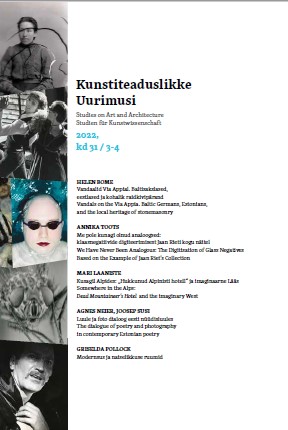„…Või nagu selles anekdoodis”: Anekdoot veebisuhtluses
Old jokes (sometimes only reduced to the punch-line), also known as lame jokes, are true pieces of folklore that circulate among people and are shared by communities. These are short narratives ending in a predictable punch-line that does not provide any novelty to the listeners. They are often published in volumes of joke collections or in the Varia section of newspapers. Although with regard to jokes predictability is a drawback, petrified jokes can also provide joy of recognition instead of discovery and function as an enhancer of group cohesion. Quoting lines from known jokes defines the borders between in-group and out-group and provides a sense of community also in online contexts. Estonia has recently witnessed a falling status of the genre. The current study is targeted at finding out modern attitudes towards jokes and their daily use. We will draw conclusions about the online use of jokes or punch-lines in present-day Estonian online communication. The jokes characterised as lame are analysed in context and the reactions of the audience are described. In conclusion, it will describe the way jokes (which in some context have been referred to as „a dying species” in the digitalised and image-centered world of to-day) are still in active use and lend their punch-line to add gloss (see Oring 2003) to daily interaction.
More...
